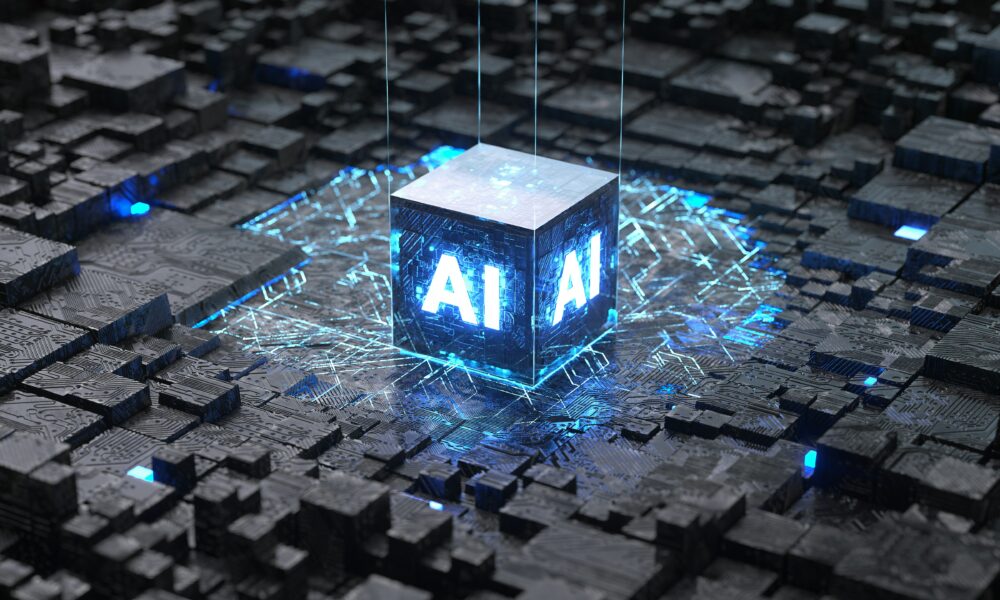Scott Dylan: How AI is Revolutionising Retail and Logistics for a Smarter Future

As artificial intelligence (AI) continues to evolve, its influence on businesses is not only undeniable but also increasingly practical. Retailers and logistics companies, in particular, are adopting AI to transform operations and engage customers more effectively. In my view, AI’s next phase will radically change how companies manage their processes, interact with consumers, and optimise supply chains.
While AI has already made strides in e-commerce and logistics, its potential to bring even greater efficiencies is just beginning. Those businesses that embrace AI tools will gain the agility needed to stay ahead in an ever-evolving marketplace.
AI in Customer Service and Inventory Management
E-commerce has witnessed rapid growth, and, as a result, customer expectations have risen sharply. Nowadays, shoppers expect faster service, more personalisation, and immediate solutions. Fortunately, AI is equipped to meet these demands.
In customer service, for example, AI-powered chatbots and virtual assistants now handle many routine tasks. However, the real breakthrough lies in the way these systems continually improve. Through natural language processing (NLP), AI chatbots can understand context better and, consequently, deliver more nuanced responses. Over time, they can resolve complex issues without human involvement, making customer service faster and more efficient.
Moreover, AI is revolutionising inventory management. Traditional approaches are often slow and prone to errors. In contrast, AI-powered systems use real-time data and predictive analytics to forecast demand with impressive accuracy. This enables businesses to avoid both stockouts and overstocking, ultimately saving costs. Even more, these AI tools can anticipate the impact of factors like weather or seasonal events, allowing companies to adjust their inventory accordingly.
Streamlining the Supply Chain with AI
The supply chain is vital to business success, yet it often suffers from inefficiencies. Thankfully, AI is changing the game by automating processes, reducing human error, and delivering real-time insights.
For instance, autonomous vehicles and drones are often cited as the future of logistics, but AI’s true potential lies in optimising existing processes. AI can automate route planning, predict delivery delays, and reroute shipments based on live data, such as traffic conditions or weather updates. Consequently, companies benefit from faster deliveries and lower operational costs.
Additionally, AI’s ability to monitor the entire supply chain in real time gives businesses a bird’s-eye view of their operations. Predictive maintenance, for instance, helps prevent costly equipment failures by flagging issues before they occur. Through AI’s deep analysis, inefficiencies that humans might overlook are identified and corrected. Thus, the supply chain becomes more agile and cost-effective.
Personalisation in Marketing with AI
AI’s data-processing capabilities are invaluable when it comes to personalising marketing strategies. Consumers today are bombarded with marketing messages, so the brands that succeed are those that stand out by delivering personalised content.
Through AI, marketers can now segment their audiences with greater precision. AI analyses real-time data to help companies tailor their messages to the preferences and behaviours of individual consumers. For example, AI-driven systems can offer product suggestions based on a customer’s browsing history, purchase patterns, and other insights. Consequently, these personalised experiences build trust and enhance customer loyalty.
Furthermore, automated A/B testing and dynamic content generation allow brands to continuously refine their marketing strategies. By delivering the right message at the right time, businesses can see improvements in conversion rates and overall customer satisfaction.
AI and Automated Decision-Making in Marketing
As digital marketing moves towards greater automation, AI plays a key role in this transformation. Automated decision-making systems powered by AI reduce the manual effort required in campaign management, enabling marketing teams to focus on strategy.
For example, AI can autonomously adjust ad budgets, allocate resources to the most effective channels, and optimise messaging in real time. As a result, businesses improve their marketing performance and free up resources to explore new creative avenues. This combination of automation and personalisation is shaping the future of digital marketing.
AI is No Longer the Future—It’s the Present
Without a doubt, AI is already reshaping how industries operate. From customer service to supply chain automation to personalised marketing, AI’s impact is both widespread and profound. Businesses that adopt AI will gain efficiency, deepen their customer relationships, and respond more effectively to market demands.
Ultimately, companies that embrace AI today will become tomorrow’s leaders. The future of business is driven by AI, and those that recognise its potential will be well-positioned to thrive.
So, the question remains: Is your business ready for AI to take the wheel?





